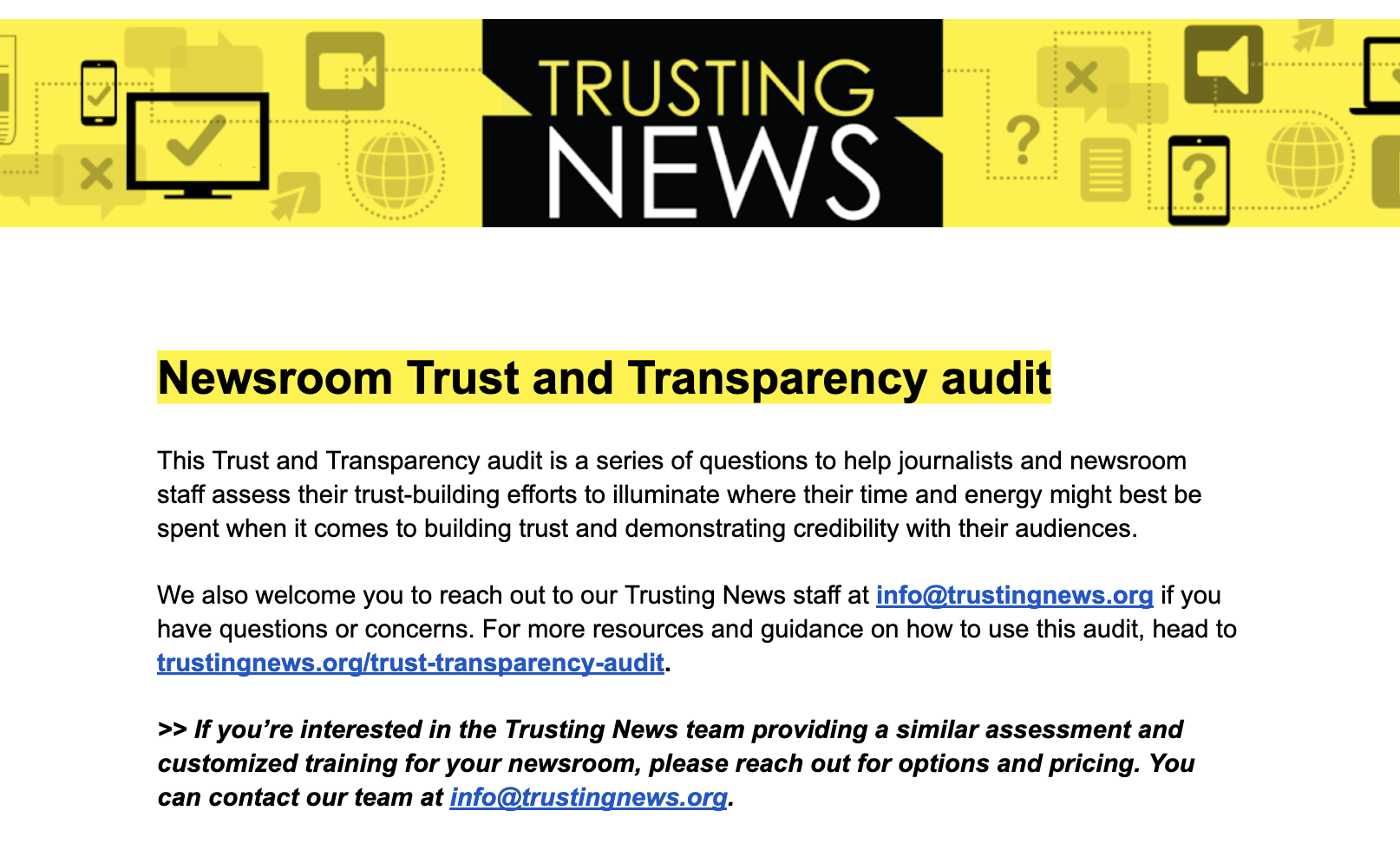How the War on Crypto Triggered a Banking Crisis | Ellen Brown
 Ellen Brown -- Web of Debt
Ellen Brown -- Web of Debt
April 29, 2023
According to an article in American Banker titled “SEC’s Gensler Directly Links Crypto and Bank Failures,” SEC Chair Gary Gensler has asked for more financial resources to police the crypto market. Gensler testified at an April 18 House Financial Services Committee hearing:
"[Crypto companies] have chosen to be non-compliant and not provide investors with confidence and protections, and it undermines the $100 trillion capital markets …
"Silvergate and Signature [banks] were engaged in the crypto business — I mean some would say that they were crypto-backed…
"Silicon Valley Bank, actually when it failed, saw the country’s — the world’s — second-leading stablecoin had $3 billion involved there, depegged, so it’s interesting just how this was all part of this crypto narrative as well."
Cryptocurrency experts Caitlin Long and Nic Carter take the opposite view. They acknowledge the link between crypto and the recent wave of bank failures and the runs and threatened runs they triggered, but Carter and Long make a compelling case that it was the FDIC, the SEC, and the Federal Reserve that brought the banks down, by a coordinated, extrajudicial “war on crypto” that blocked that otherwise-legal industry from acquiring the banking services it needs.
The public banking movement has run up against similar roadblocks. Both cryptocurrencies and publicly-owned banks compete with the Wall Street-dominated private banking cartel, but more on that after a look at the suspicious events behind the recent bank runs.
The War on Crypto
In a February 2023 article on Pirate Wires titled “Operation Choke Point 2.0,” Carter laid out the case that the federal government was quietly attempting to ban crypto. In a 7,000-word March 23 follow-up titled “Did the Government Start a Financial Crisis in an Attempt to Destroy Crypto?” he writes:
The two most crypto-focused banks, Silvergate, and Signature, were forced into liquidation and receivership, respectively. The established narrative is that they made “bad bets” and lost, or that they couldn’t handle flighty depositors in the form of tech and crypto startups.
But there’s an alternative version of events being pieced together that is far more sinister ...
The preponderance of public evidence suggests that Silvergate and Signature didn’t commit suicide — they were executed.
In January 2023, … [s]ome in the crypto space noticed highly coordinated activity between the White House, financial regulators, and the Fed, aimed at dissuading banks from dealing with crypto clients, making it far more difficult for the industry to operate. This is problematic because it represented an attempted seizure of power far beyond what is normally reserved for the executive branch.
He observes that banking crypto firms wasn’t prohibited. It was just made very expensive and reputationally risky, by burying the bank in paperwork and unpleasant interrogations from regulators. The Fed also made it clear that new crypto-focused bank charters would be denied. Silvergate, Silicon Valley Bank (SVB), and Signature were put out of business:
Now, depositors are fleeing to the largest banking institutions, money market funds, or simply holding Treasuries directly. Whether intentional or not, these policies will cause smaller banks to die off, making credit more scarce, reducing competitiveness in the bank sector, and making it easier to set policy by marshaling a few large banks for political ends.
Carter observes that the distress in the banking sector was caused by the Fed’s attempt to reverse the inflationary effects of excess government spending, particularly for COVID-19 relief, by rapidly raising interest rates. As a result, government bond portfolios, “the foundational collateral asset of the financial system,” radically depreciated, causing $620 billion in unrealized losses collectively to U.S. banks. “But,” he writes, “there’s also a political subtext here. Most banks are now sitting on mark-to-market losses in their bond portfolios, but they’re not facing runs from their clients. … Silvergate met its end because — well after the crypto credit crisis of ‘22 had concluded — its remaining depositors were cajoled and bullied into withdrawing their funds.”
The most visible smoking gun, says Carter, was the decision to seize Signature Bank:
"On Sunday the 12th of March, Signature (SBNY) was abruptly sent into FDIC receivership by the NYDFS [New York State Department of Financial Services]. This was not a two-bit crypto bank. They had $110B in deposits as of YE 2022, of which around 20 percent came from crypto-focused companies. …
"Almost immediately, we knew something was wrong. Signature was not a “crypto bank” like Silvergate, where the majority of deposits were derived from crypto firms. It was a pretty venerable NY bank that primarily serviced real estate. It was not in as bleak a financial position as Silvergate or SVB, or other beleaguered regional banks. They weren’t closed on a Friday afternoon after market close, as is typical in receivership situations, but snuck in on a Sunday night, practically a footnote to the SVB shutdown. The FDIC was reportedly surprised on Sunday when SBNY was delivered into their hands. The NYDFS has maintained a well-known long-running animus against crypto. The bank crisis was the perfect cover to take down the last remaining bank, which was unapologetic about servicing crypto firms (and ran important fiat settlement infrastructure).
"The only problem: based on what we know, it appears that Signature wasn’t actually insolvent when they were nationalized and $4.3B of shareholder value was vaporized."
Carter writes that the crypto industry found an unlikely ally in Barney Frank, former chair of the House Financial Services Committee, the Frank in Dodd-Frank, and a Signature board member. He alleged that the bank could have opened on Monday and that leadership was shocked when they were put into receivership. In an interview with New York Magazine, Frank left “absolutely no doubt that the closure was a political hit job, primarily motivated by a desire to send a message to the crypto industry.” Carter observes:
"As more data emerged, even the taciturn WSJ became convinced that Signature was a political execution.
"In particular, the disparate treatment given to Signature versus their peers PacWest or First Republic is extremely telling. Both banks were in similar or worse financial positions, yet both were given time to save themselves, whereas Signature was seized on a Sunday night, right after SVB’s collapse. …
"Most worryingly, the takedowns of Silvergate and Signature represent a rank lawlessness associated with authoritarian regimes. In a lawful society, solvent banks are not seized by the government simply because their clientele is politically disfavored. Shareholders in Signature had $4.3B in equity ($22B at peak) wiped out with no recourse. … Shareholders who saw their equity wrongly vaporized should sue under New York law."
He says that the upshot will be to drive crypto innovators abroad. In fact that move is happening already.
Killing Custodia: A States’ Rights Issue
A second smoking gun was the denial of FDIC insurance to Custodia Bank, which had a 100%-reserve business model that would have cost the FDIC nothing and posed no risk to the public. Custodia’s goal was just to provide a secure onramp from dollars to cryptocurrencies and an offramp back again. In fact, Custodia didn’t need to ensure its deposits, because it would not have been making loans from them. It would have kept them in reserve for the depositors. The bank needed FDIC insurance only because without it, the Fed refused to give Custodia a master account, necessary to participate in the national payment system.
Caitlin Long, the Wall Street veteran who founded Custodia, argues that this newly-imposed rule constitutes an unconstitutional violation of the long-standing right of states to charter their own banks. In an April 17 article titled “Why Defending the Right of States to Charter Banks Without Federal Permission Is Critical,” she writes:
"Until a decade ago, it was unheard of that a bank would stop serving entire groups of customers or the people in lawful — if controversial — industries. It was also unheard of that banks would be blocked from accessing either of the two federal utilities in the banking industry: (i) deposit insurance and (ii) the U.S. dollar payment system (which the FDIC and Fed operate, respectively). Indeed, legislative history shows that Congress took great pains to keep the operation of these two utilities standalone and fully separated from the power to charter banks. As a check and balance, Congress wanted all chartering work done exclusively by the states or the lone federal agency that can charter banks, the OCC. Access to the two utilities was automatic for eligible banks, albeit with bank-specific insurance premiums and overdraft restrictions."
The dual banking system – federal and state – goes back to the days of Abraham Lincoln, when the National Bank Act was passed. Before that, state-chartered banks were issuing their own currencies as paper promissory notes with their own names on them, an unstable system. The National Bank Act unified the country under a single paper currency, the U.S. dollar, by imposing a 10% tax on other bank-issued promissory notes. With the founding of the Federal Reserve in 1913, the U.S. dollar became the Federal Reserve Note. The national currency was federally issued but states retained the right to charter banks. As Long observes:
"Historically, states have acted as a check against federal overreach in banking. There is a key reason why: the mission statements of state banking agencies usually require them to support both safety and soundness AND economic development, while federal bank regulators do not have economic development within their wheelhouse. This creates a healthy tension and explains why innovation in banking often originates within the states. The Fed and FDIC have no veto power over state chartering decisions.
"… Congress again respected the delicate balance in 1980 when it further clarified the utility nature of the Fed’s role as payment system operator by requiring the Fed to provide services to all eligible banks on a non-discriminatory basis. … In denying payment system access to Custodia, the Fed cited Custodia’s lack of FDIC insurance and lack of a federal regulator among its reasons for denial and, in doing so, the Fed improperly created for itself the unilateral power to require all state banks to be both insured and federally regulated."
Custodia sued the Fed, and the Attorney General of Wyoming, the state chartering the bank, joined the lawsuit. The Attorney General noted in the filing that the Fed had created a “Kafkaesque situation” where a Wyoming-chartered bank is denied access to the U.S. dollar payment system “because it is not federally regulated, even while it is also denied federal regulation.”
Five states have enacted bank charters that don’t require deposit insurance or federal regulation – Connecticut, Maine, Nebraska, Vermont and Wyoming. Such uninsured banks are prohibited from lending; they must hold 100% cash to back customer deposits, plus up to 8% of deposits as an additional capital requirement. Long concludes:
"Congress tasked the Fed and FDIC with running utilities; it did not give the Fed and FDIC veto power over U.S. states – and, in turn, power to block the responsible innovations that state banking authorities create as they fulfill their economic development mandates."
Public Banks and the FDIC Conundrum
The public banking movement is particularly geared toward local economic development. The stellar and only model in the U.S. is the Bank of North Dakota, formed in 1919 when local farmers were losing their farms to foreclosure by big out-of-state banks. With assets in 2021 of $10.3 billion and a return on investment of 15%, the BND is owned by the state, which self-insures it. There is no fear of bank runs, because the state’s revenues compose the vast majority of its deposits, and they must be deposited in the BND by law.
The state’s local banks are also protected by the BND, which is forbidden to compete with them. Instead, it partners with them, helping with liquidity and capitalization. The BND has been called a “mini-Fed” for the state and its banks. That helps explain why North Dakota has more local banks per capita than any other state, at a time when other states have been losing banks to big bank mergers, causing the number of U.S. banks to shrink radically.
UK Prof. Richard Werner recently published a briefing memo supporting the case for a public bank. It was prepared for the state of Tennessee, which is considering a sovereign state bank on the North Dakota model, but the arguments apply to all states. Benefits discussed include dividends, higher state-level tax revenues, greater job creation, greater local autonomy and resilience to shocks, more options for funding public sector borrowing and state pension funds, and protection of financial transaction freedom and privacy.
The FDIC has not formally rejected insurance coverage for state-chartered publicly-owned banks, but regulators have intimated that it is not interested in covering them; and as noted by Julie Andersen Hill in an Iowa Law Review article, the Fed is “especially hesitant” to process payments without that coverage. Federal usurpation of state banking regulation not only drives cryptocurrency innovation abroad but kills innovation in local economic funding of the sort pioneered in North Dakota. Andersen Hill writes, “The language and structure of the Federal Reserve Act require that the Federal Reserve provide payment services to all eligible banks.… If the Fed wants to exclude banks, it should ask Congress to change the law.”
____________________
This article was first posted on ScheerPost. Ellen Brown is an attorney, chair of the Public Banking Institute, and author of thirteen books including Web of Debt, The Public Bank Solution, and Banking on the People: Democratizing Money in the Digital Age. She also co-hosts a radio program on PRN.FM called “It’s Our Money.” Her 400+ blog articles are posted at EllenBrown.com.
- CreatedSaturday, April 29, 2023
- Last modifiedThursday, May 11, 2023
World Desk Activities
www.niemanlab.org/2024/04/inside-newsweek-ai-exper…
www.journalismfestival.com/programme/2024/reader-r…
Reader revenue beyond the English language – – International Journalism Festival
In the past few months, many news publishers in the US have announced layoffs. Others have tweaked or abandoned their paywalls and pursued more open models.…
phys.org/news/2024-04-surf-clams-coast-virginia-re…
Surf clams off the coast of Virginia reappear and rebound
The Atlantic surf clam, an economically valuable species that is the main ingredient in clam chowder and fried clam strips, has returned to Virginia waters…
medicalxpress.com/news/2024-04-antibiotics-reveal-…
Antibiotics reveal a new way to fight cancer
Cancer cells grow and spread by hiding from the body's immune system. Immunotherapy allows the immune system to find and attack hidden cancer cells, helping…
phys.org/news/2024-04-crucial-quantum-internet.htm…
Crucial connection for 'quantum internet' made for the first time
Researchers have produced, stored, and retrieved quantum information for the first time, a critical step in quantum networking.
medicalxpress.com/news/2024-04-women-major-complic…
Women who experience major complications during pregnancy found to have increased risk of early death years later
A team of medical researchers from the University of Texas Health Science Center, in the U.S., and Lund University, in Sweden, has found via study…
medicalxpress.com/news/2024-04-common-hiv-treatmen…
Common HIV treatments may aid Alzheimer's disease patients
Alzheimer's disease (AD) currently afflicts nearly seven million people in the U.S. With this number expected to grow to nearly 13 million by 2050, the…
medicalxpress.com/news/2024-04-adolescent-stress-p…
Study suggests adolescent stress may raise risk of postpartum depression in adults
In a new study, a Johns Hopkins Medicine-led research team reports that social stress during adolescence in female mice later results in prolonged elevation of…
Latest Stories
Electronic Frontier Foundation
- Speaking Freely: Obioma Okonkwo April 23, 2024
- Screen Printing 101: EFF's Spring Speakeasy at Babylon Burning April 23, 2024
- Podcast Episode: Right to Repair Catches the Car April 23, 2024
- U.S. Senate and Biden Administration Shamefully Renew and Expand FISA Section 702, Ushering in a Two Year Expansion of Unconstitutional Mass Surveillance April 22, 2024
The Intercept
- U.S.-Trained Burkina Faso Military Executed 220 Civilians April 25, 2024
- “Kill All Arabs”: The Feds Are Investigating UMass Amherst for Anti-Palestinian Bias April 24, 2024
- Biden’s Indifference to Palestinian Lives Is Sending the Middle East Into the Abyss April 24, 2024
- As Biden Cheers TikTok Ban, White House Embraces TikTok Influencers April 23, 2024
VTDigger
- Jonathan Elwell: A new prison is nothing new April 25, 2024
- For Kevin Jones ‘everything was geared toward helping other people succeed’ April 25, 2024
- Jessica Barquist: Overdose prevention centers would provide options when people need them the most April 25, 2024
- Vermont Conversation: Surviving and escaping the Twelve Tribes cult April 24, 2024
Mountain Times -- Central Vermont
- Mountain Times -Volume 52, Number 17, April 24-20, 2024 April 24, 2024
- Weekly Horoscope — April 24-30, 2024 April 24, 2024
- Loon vs. Canada goose: A battle for Goose Poop Island April 24, 2024
- A break in the action April 24, 2024










